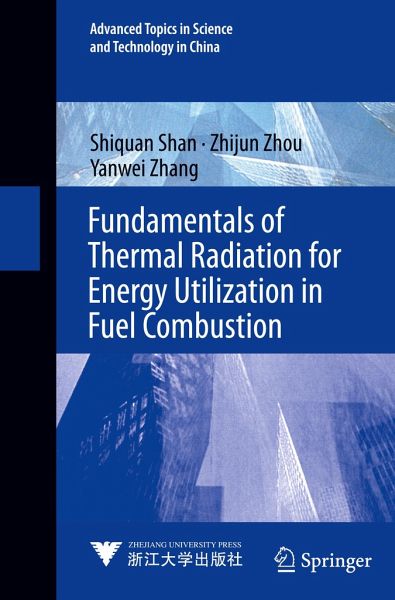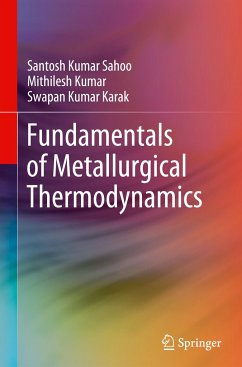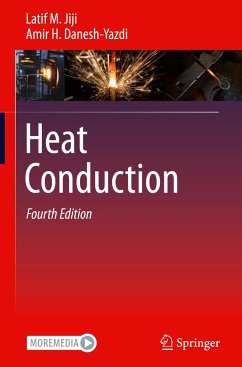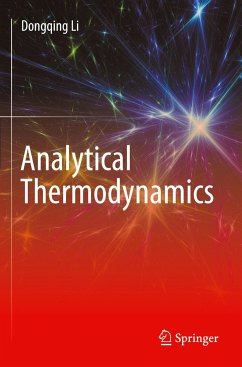
Fundamentals of Thermal Radiation for Energy Utilization in Fuel Combustion
Versandkostenfrei!
Versandfertig in 6-10 Tagen
113,99 €
inkl. MwSt.
Weitere Ausgaben:

PAYBACK Punkte
57 °P sammeln!
This book is in the field of Engineering Thermophysics. It first introduces the authors' academic thoughts of photo-thermal energy cascade conversion in the fuel combustion. Afterward, a series of thermal radiation theories and models have been developed based on the aim of radiative energy utilization, including spectral radiation available energy theory, gas radiation model under complex combustion conditions, and calculation model of radiation available energy transfer in combustion medium. Based on simulation and experimental results, the radiative energy characteristics of different fuel ...
This book is in the field of Engineering Thermophysics. It first introduces the authors' academic thoughts of photo-thermal energy cascade conversion in the fuel combustion. Afterward, a series of thermal radiation theories and models have been developed based on the aim of radiative energy utilization, including spectral radiation available energy theory, gas radiation model under complex combustion conditions, and calculation model of radiation available energy transfer in combustion medium. Based on simulation and experimental results, the radiative energy characteristics of different fuel combustion are introduced. This book develops the radiation theory of the combustion process from a new perspective, integrating theories, models, and experimental results. This book can be used as a reference for scientists, engineers, and graduate students engaged in energy environment, combustion, and thermal radiation.














